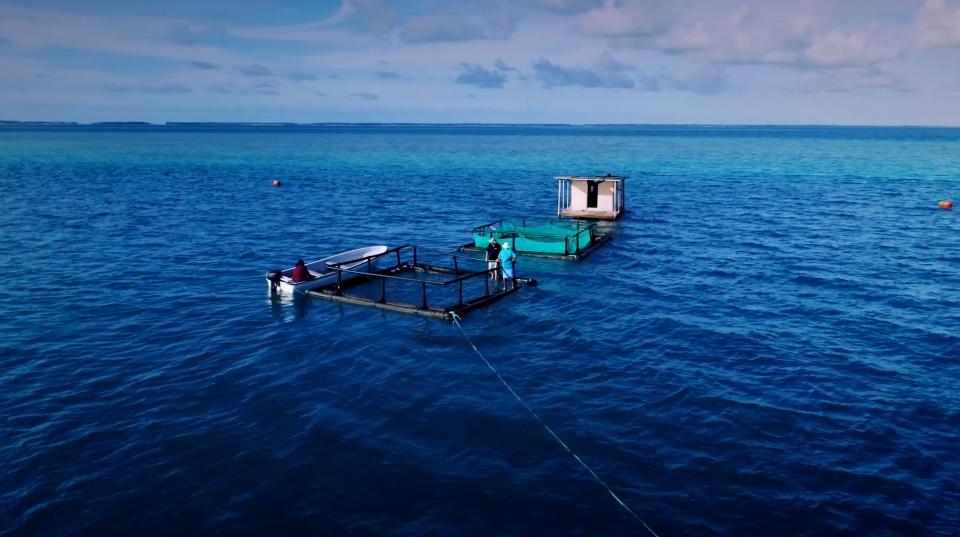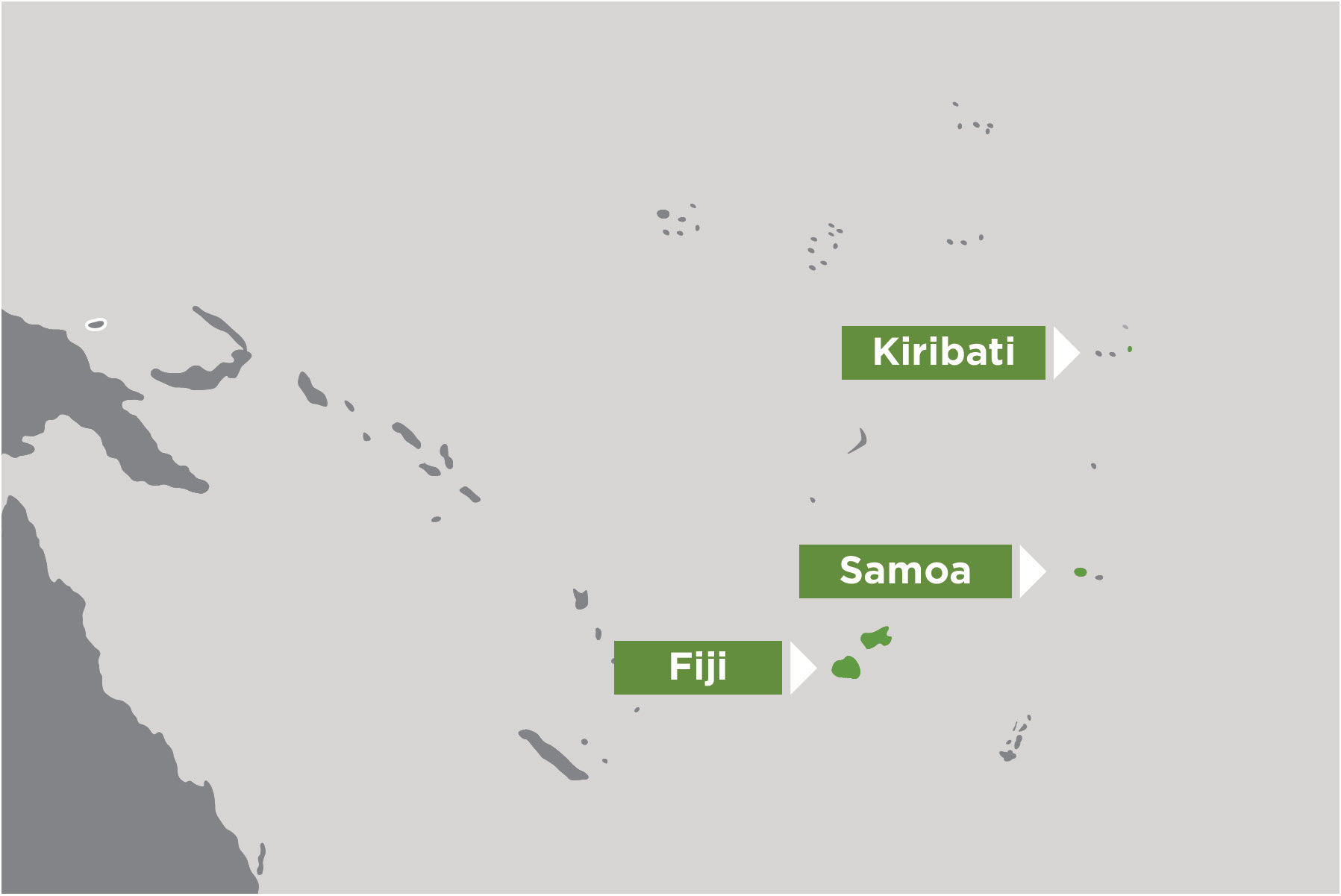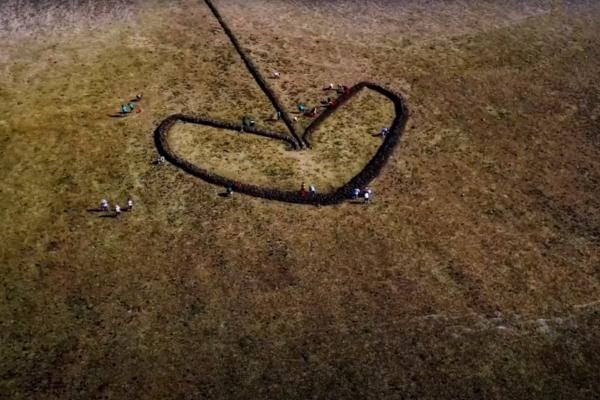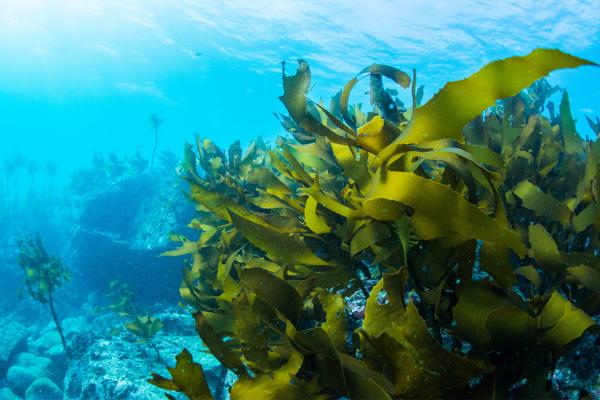Overview
This project provided the technological basis for diversification and revitalisation of seaweed industries in the Pacific island countries of Fiji, Kiribati and Samoa.
Seaweed farming is one of the few industries in Pacific island countries that is culturally and technologically appropriate, and able to provide marine-based livelihood benefits to men and women in remote coastal communities. There is a considerable opportunity to modernise and expand the seaweed industry, including the introduction of new products and applications, and this can be done with the support of government, fisheries departments, researchers and the private sector.
Through the project, a diverse range of research-for-development activities were conducted in the three partner countries relating to seaweed production and bio-product evaluation to diversify the activities and, correspondingly the opportunities available to the seaweed industry in the Pacific islands. The intent was to make the local industry more resilient to both external and internal changes for each partner country.
Project outcomes
- Revitalised production of Kappaphycus in remote coastal communities of Fiji and Kiribati. In particular, use of Kappaphycus for biochar as an agricultural agent and use of Kappaphycus in new food and health applications offering new opportunities for export.
- Seaweed (Caulerpa) preparations for inclusion in a range of cosmetic products are now a reality for the local company - Essence of Fiji.
- Seaweed cultivation proved an excellent vehicle for the involvement of women and young people, with female entrepreneurs prominent in Samoa for packaging and sales of sea grapes (limu fuafua) in the marketplace.
- In Kiribati, women organisations readily engaged with wild harvest and nutritional/cooking programs facilitated by the project team. A peer-to-peer cross-country training exercise was developed that brought Samoan women with expertise in sea grape harvesting and processing to Tarawa in Kiribati to train the women organisations. This provided a unique opportunity for the Samoan trainers to share their knowledge on the international stage.
- Additional training outcomes in Kiribati include community-based production and use of seaweed compost leading to sales of compost and crops by participants.








